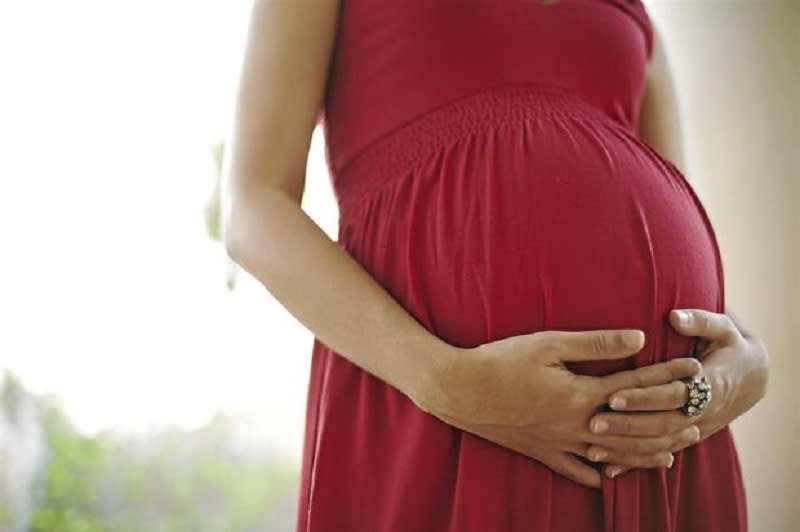Should pregnant women fast during Ramadan? Masjid Negara imam, health expert weigh in

KUALA LUMPUR, April 20 — In Islam, fasting during the month of Ramadan is mandatory for all healthy adult Muslims.
However, the religion exempts the elderly, those who are physically or mentally incapable of fasting, pregnant women and breastfeeding mothers from fasting.
Despite that, some pregnant Muslim women still continue to fast daily during Ramadan without realising the potential health risks for both themselves and the child.
To better understand the health and religious standpoints on fasting during pregnancy, Malay Mail reached out to consultant obstetrician and gynaecologist Dr Ida Lilywaty Md Latar and Masjid Negara chief imam Ehsan Mohd Hosni.
Medical point of view
According to Dr Ida, pregnant women are not expected to fast during Ramadan to protect themselves and the baby from potential health risks.
“This is more important for women with health complications such as gestational diabetes mellitus as [fasting] may lead to blood sugar levels inconsistency.”
However, Dr Ida said fasting during Ramadan was a personal choice and women needed to decide based on their overall health, pregnancy stage and potential risks.
Citing a recent study, Dr Ida said fasting during pregnancy showed little or no effect on new-born babies whose mother fasted while they were pregnant.
However, she noted that fasting during pregnancy was not encouraged if women have gestational diabetes as it may lead to low blood sugar levels and dehydration for the mother.
“Dehydration may predispose pregnant women to preterm labour especially in the second trimester and may cause early pregnancy nausea and vomiting as oral intake is limited while fasting.”
Dr Ida said the blood sugar levels may even increase at night during breaking fast and pre-down meal.
Furthermore, she said fasting during the second trimester may have even more significant implications with higher morbidity and mortality rate.
“Fasting during Ramadan in the first trimester generally pose a lesser impact when compared to the second trimester.
“This is because, during the second trimester of pregnancy energy requirements increase by 340 calories per day whereas energy needs in the first trimester are no different from non-pregnant women.”
When asked about the potential long-term effects of fasting during pregnancy on the child, Dr Ida said there were no randomised studies at the moment to look into such effects.
She, however, said fasting during pregnancy did not predispose the baby to have a lower birth weight or other long-term physical or psychological sequelae.
Religious point of view
Commenting on the matter from the religious perspective, Ehsan said it was not compulsory for pregnant women to fast during pregnancy or breastfeeding as they were given exemptions from fasting if they fear harm towards themselves or the child.
“Fear of harm here must be based on proven past experiences of harm or confirmation on this matter from medical experts.”
According to Ehsan, Muslims generally may choose whether to go with rukhsah or azimah in doing acts of worship.
He said rukhsah refers to an exception to general rules, granted to ease hardship, such as allowing pregnant women to refrain from fasting during the month of Ramadan.
“Azimah, on the other hand, means normative religious ruling sanctioned from the very beginning, and not due to hardships.
“So if the person decides to fast despite having such reasons means the person is practising azimah.”
Ehsan said if fasting caused more harm than good upon the person, it would be sinful to fast due to the existence of harm.
Asked if pregnant women who refrain from fasting should make up for their fasts or pay fidya (charitable donation), Ehsan said it depended on the reason why the pregnant woman discontinued her fasting.
“If the woman is scared of harm towards herself, then she may break her fast and is obligated to make up or replace her fasting only as decided by the scholars.
“If she fears harm towards her child, then she may break her fast and shall replace it together with paying fidya.”
Related Articles Gombak congregants who accidentally broke fast three minutes early due to ‘azan’ error told to replace it Mouth-watering snacks bring joy to Yemen during Ramadan 30-day Raya Festive Period Maximum Price Control Scheme to begin April 21, says minister



